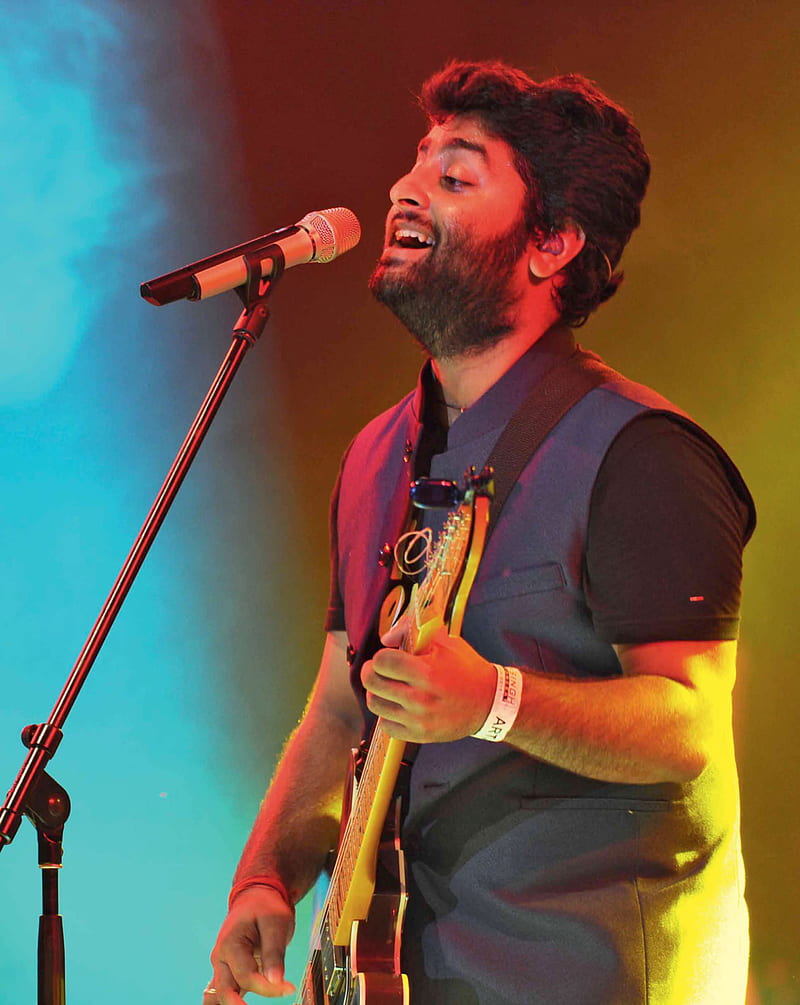Want to become a member of Eat My News? You can enrol for EMN membership now from here.
1. Tell us about your background and journey.
I've always been fascinated by medico, both the profession and the human body.
I discovered my love for surgery during my days at medical school. Gradually, I developed an interest for the problem solving part of medicine too.
2. Despite so much of talent in India, why do people look abroad for treatment?
Talent alone isn't enough.. sometimes you need access to the better, newer healthcare modalities and a hospital that can stick to the accepted standard protocols (because of the feasibility of maintaining it financially). Developed countries also are the first to try out new technologies..so those might be the possible reasons.
3. How important is super specialization for doctors?
Super specialization or sub specialization is purely a personal choice.Yet Paediatric neurologists now or surgeons specialising in Laparoscopic surgeries of endocrine tumours, Gastroenterology, does come in handy and is sought after. If you have the interest, time, energy and enthusiasm I'd say pursue any specialty course after an MD.
And ultimately that's better as instead of a single doctor or healthcare team, you have multiple individuals each experienced in their own area treating you. However, as I said earlier the ABCs should be stressed so that you know when to involve others.
4. What is your take on virtual methods of providing treatment?
I see it being used more especially now during this pandemic. Although in my opinion healthcare becomes more accessible face to face. Virtual platforms could act as a triage initially where the healthcare worker doing the consultation can decide whether the patient needs to go to the hospital or if medication/advice can be dispensed virtually (as is being done by some platforms in India already -example Tata). It might also prove helpful to provide first aid tips in poorly accessible areas where it might take time for the healthcare team to get to the patient.
5. What do you think are the key differences in studying medicine in India and other countries?
What I see at a graduate level is that they make sure a significant portion of the graduates have the minimum knowledge. They don't have to be experts in a particular topic but they tend to know the basics as in what is expected of a graduate. Not that those who graduate in India don't know these..but as the training during internship is less structured, although you end up learning a lot you might miss a few basics. In the end, you might know more but I personally feel that the graduates should be thorough with the basics.
6. Which countries are the best for studying medicine besides India?
Haven't researched much on the subject but most graduates who go outside prefer the UK and Germany. Australia and NZ are also attractive options. Other than better pay, better lifestyle...the training is supposed to be better, more structured. I suppose that's what matters in the end..not that the Indian training pathway is bad but it's less structured and more hectic at the postgraduate level.
7. Which is your favorite book and why?
Being mortal by Gawande
(I'm assuming a book medical in nature)
It's about ensuring quality of life rather than just prolonging just so we can, especially in countries with a large old age population and advanced healthcare. At times it's better to ensure the best possible life at the end rather than prolonging it and making the patient suffer.
Sometimes you have to let go and decide what's best for the patient and not stick to the goal of curing the disease, he says.
8. What impact do you want to create in the medical field?
I have miles to go! Firstly, I want to acquire an understanding of the field via specialization. With enough expertise I hope to contribute to my niche- new protocol, new findings, anything. Someday,I aspire to start an organisation that could provide affordable healthcare to the public whilst at the same time ensuring the standard quality.
- Dr. Kiran Tony
Interviewed by - Harsha









Social